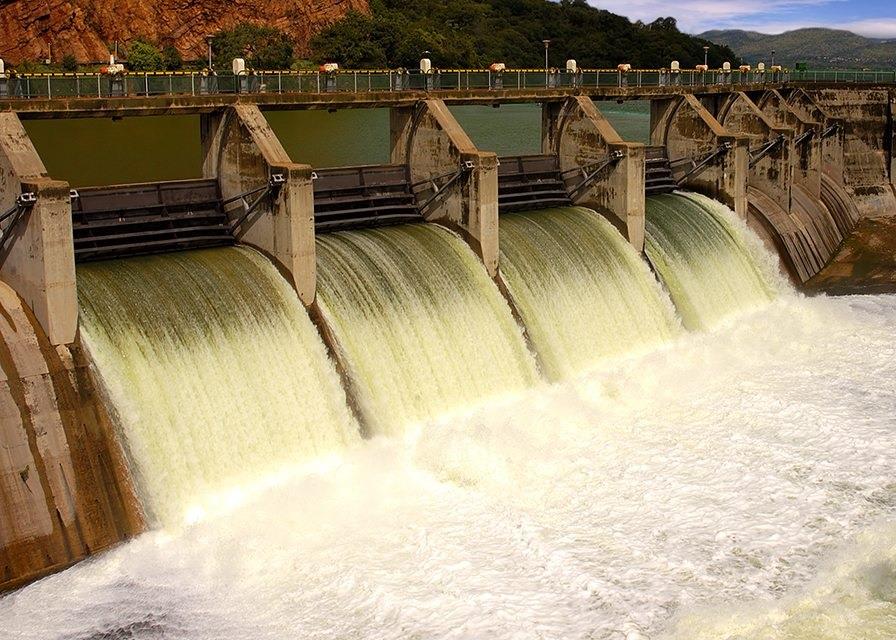
The Suez Canal Authority (SCA) is cutting charges made on certain categories of ships using the waterway to maintain traffic volumes during the economic downturn.
The authority is also reviewing its tariff structure on cargo to encourage shipping companies to continue using the canal rather than seek alternative routes.
The SCA is revising its charges as steep falls in European and US coal and iron ore imports from China since the summer have prompted a collapse in dry bulk shipping. As a result, the cost of transporting goods by dry bulk carrier has plummeted by about 90 per cent, from $150,000 a day to about $15,000 a day.
This fall in cost means that although it can take up to three weeks longer for a ship to sail around Africa rather than to use the canal, it could be cheaper for shipping companies to do so.
“We have an elastic toll system so we can reduce charges for ships if they show it would be cheaper to go around Africa,” says one SCA official. “We offer them suitable discounts. When time charters are high, the time saved going through the canal is vital, but in a depressed market it is cheaper to take a long time.
“The importance of the canal is reduced. We have reduced tolls on these carriers, especially in the dry bulk sector.”
Shipping volumes in the canal are at record levels this year, with 16,155 vessels passing through in the first nine months, up by 1,138 on the same period in 2007. However, the SCA forecasts a slump in the final quarter of the year, as the downturn in global shipping takes hold. “We are still at the beginning of the crisis,” says the SCA official. “It has not yet shown up on our traffic figures; we expect that in the final quarter.
“The container market has been hit less so far. However, cuts in [European and US] imports will affect the market between Asia, Europe and the US over time.”
As a result, the authority may ease tariffs across the board.
The SCA ramped up its tariff structure from 1 April this year to exploit record traffic volumes. However, dredging work to deepen the canal, which would permit larger ships to pass through, has progressed slowly, largely because the SCA sought to delay work so it could maximise revenues from the global shipping boom (MEED 4:1:08).
The SCA is also concerned that a surge in piracy in the Gulf of Aden could deter vessels from using the canal.
“It has been bad luck that the increase in piracy has combined with a dramatic fall in shipping volumes worldwide,” says the SCA official. “Combined, they will affect the canal’s results for the final quarter of the year.”
Dredging work to deepen the canal to 66 feet from 62 feet is now expected to be completed in early 2009. The work was initially scheduled to be finished in 2007, but progress has been sporadic because of the huge volumes of traffic on the canal (MEED 19:8:08).
You might also like...

Ajban financial close expected by third quarter
23 April 2024

TotalEnergies awards Marsa LNG contracts
23 April 2024

Neom tenders Oxagon health centre contract
23 April 2024

Neom hydro project moves to prequalification
23 April 2024
A MEED Subscription...
Subscribe or upgrade your current MEED.com package to support your strategic planning with the MENA region’s best source of business information. Proceed to our online shop below to find out more about the features in each package.




